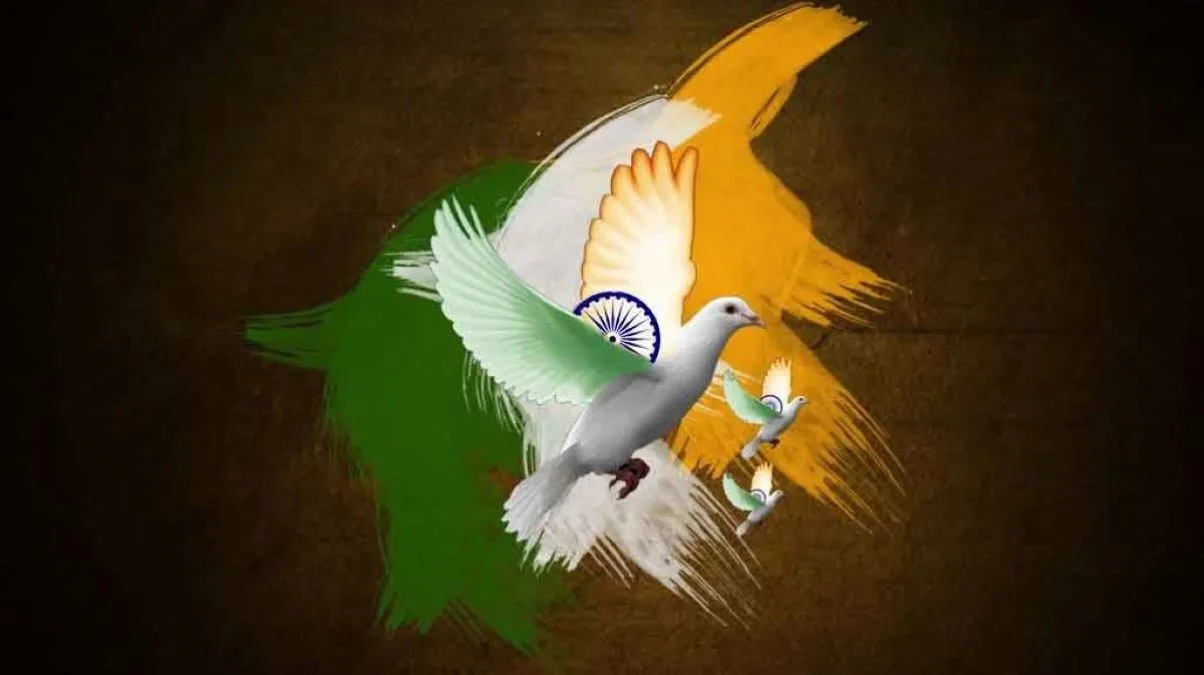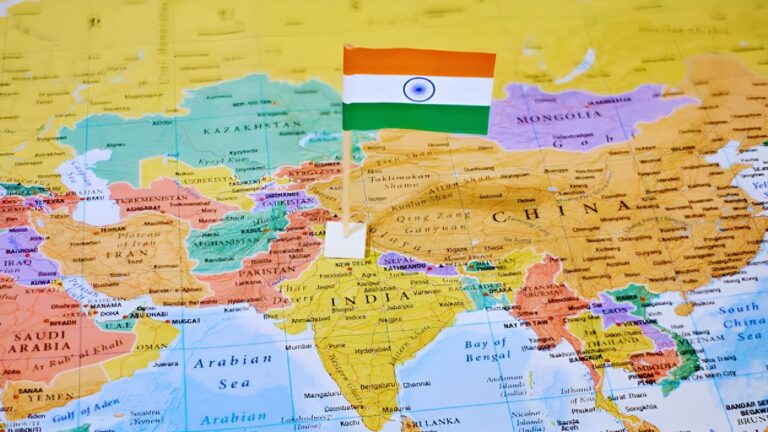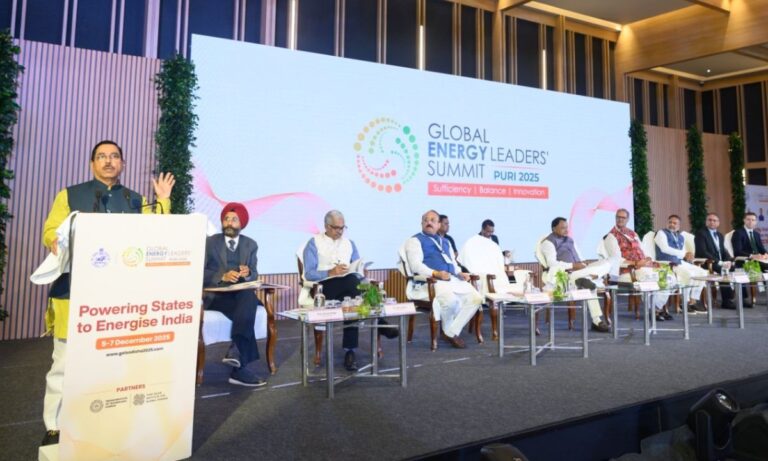
Israel-Palestine War: India's Moral Imperative in Striking a Balance
Israel-Palestine War: In the wake of the horrifying massacre of Israeli citizens by Hamas fighters, India finds itself standing at a critical juncture where the delicate balance between solidarity and diplomacy must be meticulously preserved. The recent events, where innocent lives were lost in Israel due to indiscriminate acts of terror, have compelled India to reaffirm its commitment to denouncing terrorism in all its forms. Prime Minister Narendra Modi‘s swift expression of solidarity and condemnation of these acts underline India’s unwavering stance against violence.
India’s concerns extend beyond mere political solidarity. With a considerable number of its citizens residing in Israel and vice versa, the safety of its people is paramount. The Indian government’s proactive steps to ensure the safe return of its citizens amidst the escalating violence reflect the nation’s responsibility towards its people, regardless of the global geopolitical context.
However, India’s approach to the Israel-Palestine conflict is not a simple black-and-white delineation. Since establishing diplomatic relations with Israel in 1992, India has walked a tightrope, balancing its support for the Palestinian cause with burgeoning bilateral ties with Israel. This nuanced approach has been a testament to India’s diplomatic acumen, emphasizing the importance of upholding international humanitarian laws while combatting terrorism.
India’s policy stance, as reiterated in the recent statement by the Ministry of External Affairs, encapsulates its condemnation of terrorist activities while stressing Israel’s global responsibility to adhere to international humanitarian laws. The message is clear: terrorism is indefensible, but the response to it must be measured, proportional, and within the boundaries of international law. India vehemently condemns the actions of Hamas but also calls for restraint in Israel’s retaliatory measures, urging the nation to safeguard civilian lives and avoid indiscriminate reprisals.
The complexity of the situation deepens as Israel issues demands for mass evacuations in Gaza, raising ethical questions about the displacement of innocent civilians during conflicts. India, in its role as a responsible global player, must advocate for the protection of civilian lives, regardless of the geopolitical complexities. A responsible state cannot emulate the tactics of insurgent groups; rather, it must uphold the values of humanity and adhere to international legal norms.
India’s role in this crisis is not merely that of a spectator; it is a moral imperative. As a nation that has endured the pain of terrorism, India understands the importance of standing against such heinous acts. Simultaneously, India’s history of non-violence and respect for international humanitarian laws necessitates advocating for a measured response from all parties involved.
In navigating this complex terrain, India must use its diplomatic influence to encourage Israel to act responsibly, preserving the sanctity of human lives while ensuring its citizens’ safety. It is an opportunity for India to showcase its commitment to peace, humanity, and international law, setting an example for the world to follow.
In these challenging times, India’s stance should not merely be viewed as a balancing act between Israel and Palestine, but as a principled stand in favor of peace, justice, and the sanctity of human life. By championing these values, India can play a pivotal role in steering the Israel-Palestine conflict towards a path of reconciliation and lasting peace, setting a precedent for responsible state behavior in times of crisis.






